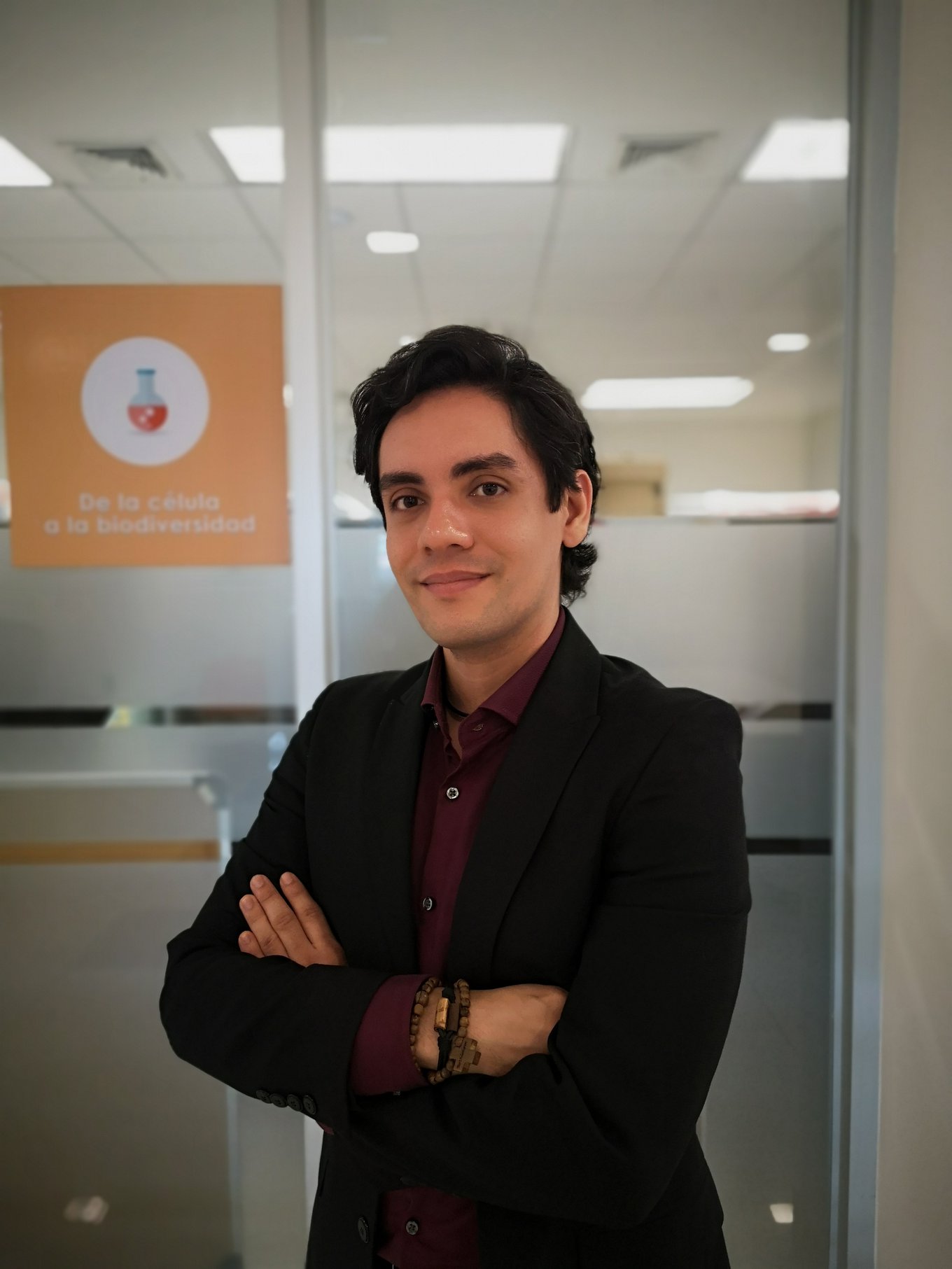The protozoa of the Leishmania gene are responsible for leishmaniasis, a serious disease spread by mosquito bites, manifesting in different ways. This is particularly true for developing countries, as poverty and malnutrition are risk factors that aid the virus. Each year between 700,000 and a million new cases are diagnosed worldwide causing around 26,000 and 65,000 deaths, according to the World Health Organization.
The current treatments used to tackle this illness are not capable of eliminating the parasite from our bodies and those infected suffer intense side effects.
With the aim of creating treatments capable of ending leishmaniasis without generating collateral damage to the patients, the young Panamanian biotechnologist Carlos Restrepo sequenced the genome of a local strain of Leishmania to identify possible cures. Thanks to this medical advancement, Restrepo, a doctoral researcher from the Institute of Scientific Research and High Technology Services of Panama, has been chosen as a winner of the Latin American Innovators Under 35 from the MIT Technology Review LATAM edition.
Through genome sequencing, the young man has identified possible targets for the development of drugs. Afterwards, he used bioinformatic diseases to modulate the behavior of those genes that could interact with the parasite. This approach saves time and money, and additionally, Restrepo has used bioinformatic technologies and AI to analyze databases of Leishmania protein fractions that could activate the immune system to heal the parasitic infection. This bioinformatic tool allows researchers to choose the best candidates for the development of a vaccine for humans. The young Restrepo details,“We paired molecular biology and bioinformatics to optimize the process for the development of drugs and vaccines.”
About his motivation, the young man explains, "It’s a forgotten disease because the population that generally falls victim to this affliction is rural, poor, indigenous and work as farmers. There are many cases that are not even registered and there is no interest from the big pharmaceutical companies to invest in developing these drugs and vaccinations because there is no considerable monetary return." Because of the above, Restrepo decided to use transferable biotechnologies and enable research to further investigate treatments for other diseases caused by parasites.
The next step will be to try 40 fractions of the protein with immune potential in the lab, selected from millions of candidates. The objective is to identify if any of them are apt for vaccine creation. He adds: “The long term idea is to be able to establish a center of production and development of vaccines with transferable knowledge.”
For the manager of the Technological Coastal Zone Park (Argentina), Amadeo Cellino, who is also a member of the jury for the 2019 Latin American Innovators under 35, "the project is one with a very important social entail.”




